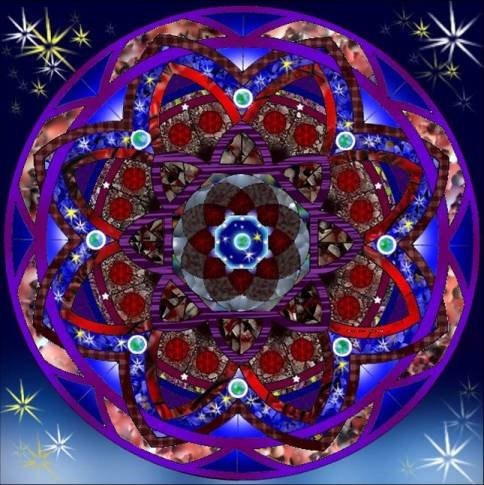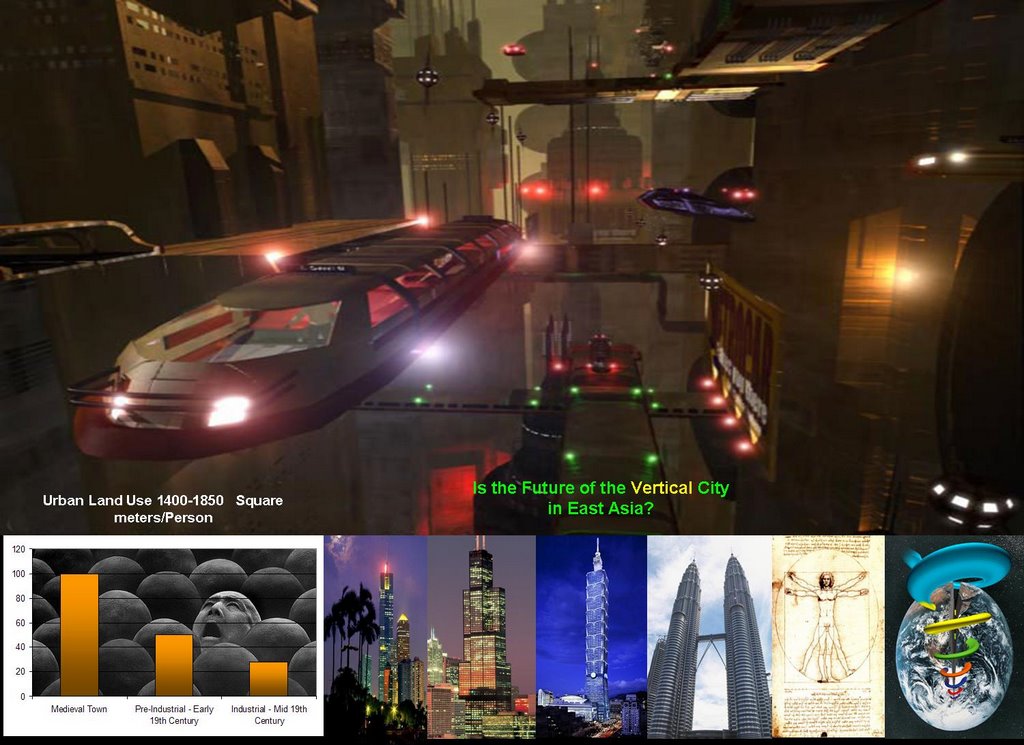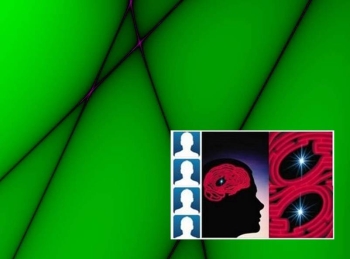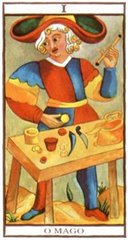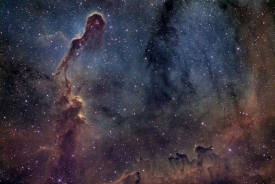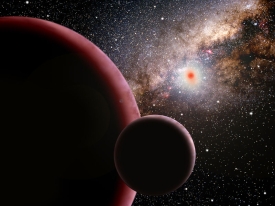Se o Estado fosse um homem, ele confessava que o matava
- What Happen with us??? - Os Portugueses em África, 1415–1600
- há uns anos atrás para problemas técnicos relacionados com equipamentos ou operações às quais não havia resposta, era costume em alguns Paises europeus, enviar para Portugal esses "puzzles" não deslindados, porque invariávelmente os mesmos eram solucionados e enviados à origem.
- o que nos aconteceu, então ???
- onde está a teimosia dos ferozes, a compaixão dos poderosos ???
- No outro dia alguêm me confessava se o Estado tivesse forma humana o matava, porque ele fica sempre enquanto os governantes, esses sucedem-se vertiginósamente deixando a sociedade empenhada nas nódoas das suas incompetências ? Que trágica sina nos compunha, dizia ???
- PORTUGAL

The Metropolitan Museum of Art
http://www.metmuseum.org/toah/hd/agex/hd_agex.htm
Access to commodities such as fabrics, spices, and gold motivated a European quest for a faster means to reach South Asia. It was this search that led the Portuguese down the coast of West Africa to Sierra Leone in 1460. Due to several technological and cultural advantages, Portugal dominated world trade for nearly 200 years, from the fifteenth to the sixteenth centuries. While, in the fifteenth century, the rest of Europe was decimated by the Black Plague, Portugal was protected by its physical isolation. Additionally, Portugal had an unusually strong national identity, due to its natural geographic borders, allowing the pooling of the considerable economic resources necessary to fund these ambitious explorations. Additionally Portugal's extended contact with Islam, and therefore with its superior mathematical knowledge and sailing technologies, including sail shapes, hull designs, and maritime weaponry, resulted in a Portuguese fleet capable of negotiating the high Atlantic seas.
Historical Map of Ancient Spain (Hispania)
.jpg)
As a consequence, most of the West African coast was explored in the period from 1415 into the 1600s. Preserved maps from this period show a remarkably accurate understanding of the complicated coastline. African exports consisted primarily of gold, ivory, and pepper. However, over 175,000 slaves were also taken to Europe and the Americas during this period. In 1600, with the involvement of the Dutch and English, the magnitude of the slave trade grew exponentially. From the time of their arrival on the shores of Sierra Leone in 1460, and until their gradual decline as leaders in world exploration in the sixteenth century, the Portuguese had an ambiguous relationship with their African trading partners. Disembarking at cities that were equally large, complex, and technologically advanced as Lisbon at the time, the Portuguese actually experienced far less culture shock than we might expect. In fact, they encountered urban centers in West Africa comparable to those back in Europe, governed by elaborate dynasties, organized around apprenticeship-based artistic guilds, and with agricultural systems capable of feeding their large populaces. Many African cities were even deemed to be larger, more hygienic, and better organized than those of Europe.
Additionally, the Portuguese shared many beliefs about magic, the supernatural, and the treatment of illness with the African societies they encountered. Protective amulets in both cultures were considered medicinally valuable, and sickness in general was attributed to witchcraft.
sm, palavra fractal
